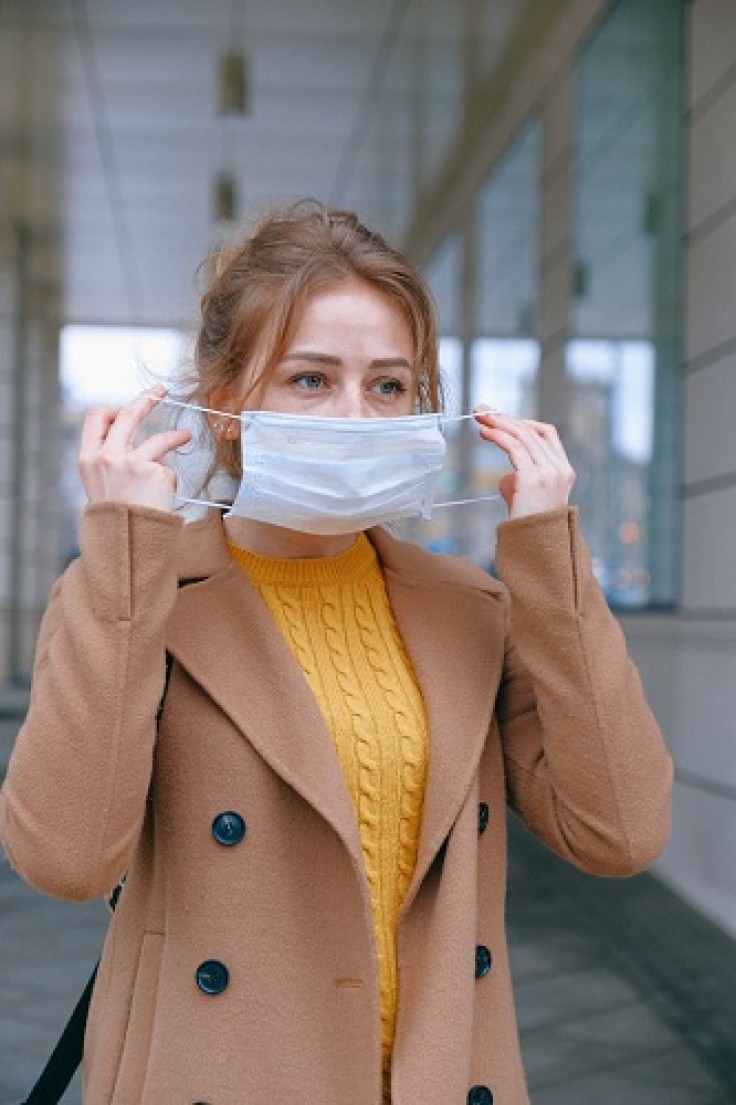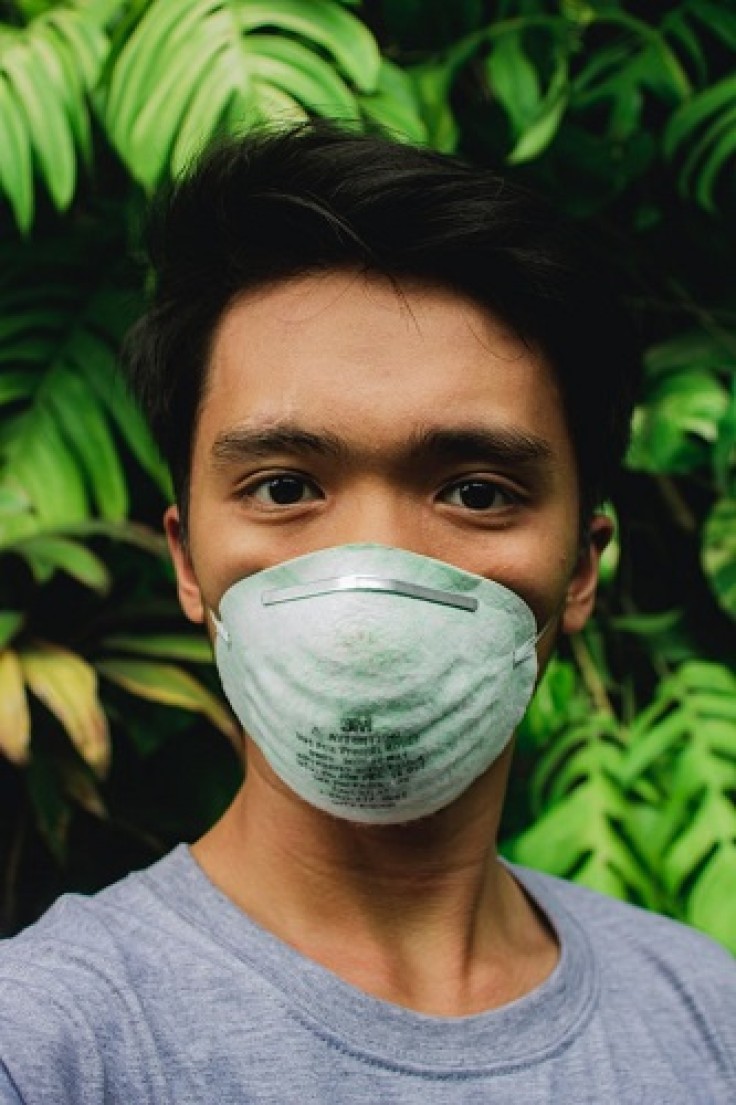A lot of people have been bulk buying disposable face masks because they are afraid of getting infected with the coronavirus. However, the question is, when should a person be wearing a face mask?
Senior core faculty member for Walden University's Master of Public Health program, Aimee Ferraro, Ph.D., said that the common people do not need face masks now, because currently there is a shortage since health care workers need them the most.
Should My Family Wear a Face Mask?
According to the World Health Organization, healthy individuals only need to wear a face mask when taking care of those who are suspected or have been infected with the virus.
Assistant professor of biology and infectious disease expert at Oxford College of Emory University, Sarah Fankhauser, Ph.D. said that masks should be reserved for health care workers who are at risk of getting infected. Especially for N95 where it is most effective at protecting them.
Division chief of infectious disease at Helen DeVos Children's Hospital, Rosemary Olivero, M.D., said that most of the people do not know how to wear masks properly. Most of them touch their faces while wearing masks but it should not be done so. And because of that, it would be better for people who are at risk of being infected to wear masks.
Who Should Wear Face Masks?
People With Confirmed or Suspected Cases
Dr. Ferraro said that people who are sick should wear masks to protect the people around them from getting infected, especially if you share a room, vehicle, or are going in places where there is contact with other people. The mask will protect the people around you from infected droplets coming from you when you sneeze, cough, and talk.
Caregivers
Chief medical officer of the Leukemia and Lymphoma Society, Gwen Nichols, M.D., said that caregivers who come in close contact with people infected should wear masks to protect them from droplets.
High-risk Individuals
Centers for Disease Control and Prevention (CDC) vaccine provider who worked through the 2009 flu pandemic, providing H1N1 vaccines to Miami patients, Michael Hall, M.D., said that people with compromised immunity and adults aged 65 and older should wear masks.
Dr. Nichols reminds everyone that masks are there to protect health care workers, but not the same for common individuals, and they prevent infectious people from infecting other healthy individuals.
How Masks Protect a Person From the Coronavirus?
The coronavirus may be spread through droplets when a person that carries the virus coughs or sneezes. These droplets could travel up to six feet, and when they land in someone else's eyes, nose, mouth, or ears, that is when they get infected.
There are two types of face masks that could help prevent transmission of the coronavirus.
Surgical Masks
Dr. Ferraro said that these paper masks help block droplets but they do not protect against airborne particles, which means that when a sick person wears a surgical mask, he helps protect the people around him from getting infected. However, according to Dr. Fankhauser, this mask is not guaranteed to protect a healthy person because air particles might be too small to pass around the mask, and the only benefit is that it prevents the person from touching his face.

N95 Masks
Dr. Ferraro said that N95 masks are the most effective in preventing the spread of the coronavirus because they block both droplets and airborne particles that might spread the disease.

As a general rule, wearing of mask may not really help protect a healthy person from getting infected, however, it could help by preventing a person from touching his face with his (probably infected) hands.